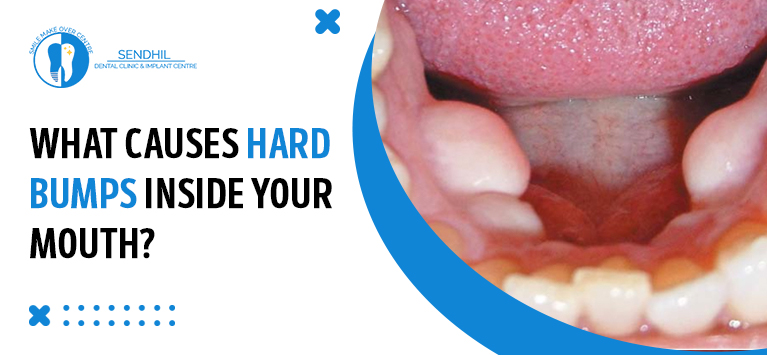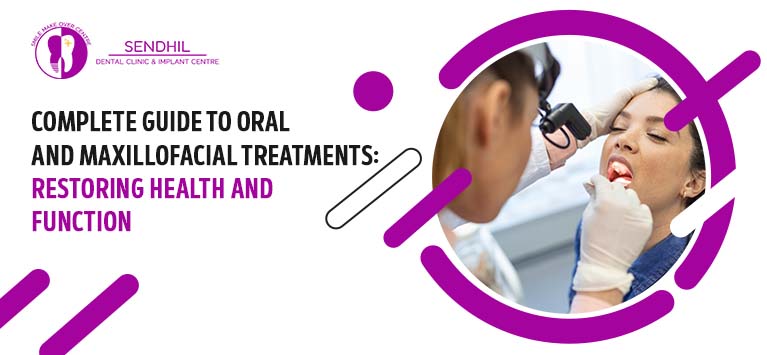Side effects of stroke on dental health
Have you experienced stroke? Stroke or vas mishap (CVA), its complete name, is owing to incomplete or all out flow of blood stream to the mind.
Table of Contents
Ischaemic stroke
This is the most typical variety of stroke and happens once a natural process obstructs a course that conveys blood to the neural structure. It’d be caused by a thrombosis, once a blood clotting (thrombus) frames during a course to the neural structure. one more reason that you just will encounter can be a cerebral embolism, once a blockage caused by a natural process, air hole or fat ball (embolism) shapes during a vein elsewhere within the body and is sent by means that of the vascular system to the mind. Or on the opposite hand it okay could also be a blockage within the minor veins profound within the mind, known as a ‘lacunar stroke’.
Haemorrhagic stroke
This commences with a vein blasts, inflicting leaked blood into the mind. It’d be expected to a subarachnoid drain, once a vein on the skin of the mind seeps into the zone between the neural structure and therefore the bone, the space.
TIA
A transient ischemic attack is called a smaller than usual stroke; this happens once the mind’s blood supply is quickly interfered. The facets are sort of like a stroke but are impermanent, vanishing completely within twenty four hours.
The danger of repetitive stroke during a patient with a background marked by stroke or TIAs is a lot more distinguished than the danger of a primary stroke in a person with no earlier history of stroke. To minimize the hazards a patient have to be compelled to eat steady, exercise and settle for meds as incontestable.
The basic signs that someone has had a stroke are sudden and therefore the impacts on the body are prompt. Indications incorporate deadness, disadvantage or loss of motion on one facet of the body; indications of this can be a dangling arm or a mouth twisted towards one end. The patient might have long discourse or problem discovering words or obtaining discourse, or abrupt obscured vision or loss of sight. The patient might likewise have problems in deduction, memory, fixation and sharpness, which can most of the time cause trouble with correspondence and catch up with dental pointers.
These patients often expertise gloom, tension, state of mind swings and extraordinary weariness, which can lead to dissatisfaction of patients to attend their dental arrangements, acknowledge treatment goals or comply with oral cleanliness directions.
Oral thought
Individuals who endure stroke ought to experience recovery. Abundant freedom can be obtained for the patient as can be expected by relearning aptitudes. This includes procedures including: therapy, word connected treatment, discourse and language treatment, facilitate with gulping, vision, mental changes, support reception and restoration within the community.
Oral thought will be a tough endeavor for the people who have any hindrance and suffering from stroke. In stroke, patients have each tangible and intrinsic deficit. Oral care is often neglected throughout stroke recovery. Physical disadvantage, absence of coordination and therefore the psychological problems might Keep Company with a stroke may prevent a person maintaining nice oral cleanliness on their own.
The disadvantage of facial muscles and symptoms of meds will place stroke patients at a high hazard for dental problems. Loss of motion of the tongue and mouth will leave patients not perceiving that nourishment has been left there from meal times, till the subsequent oral cleansing.
Healthful enhancements suggested throughout recovery will be cariogenic. Oral senso-engine hindrance might lead to disregard of oral cleanliness, which inclines patients to dental caries, odontology complaint and exhalation. Dental caries weakness is exacerbated by dryness instigating medicine utilized during the treatment of stroke.
Post-stroke loss of motion in facial muscles might prompt inefficaciously fitting dental appliances which may prompt denture redness.
In summary, the regular problems within the oral depression connected with stroke are: gum illness, disease, tooth loss, halitosis, ill-fitting dentures and dryness










